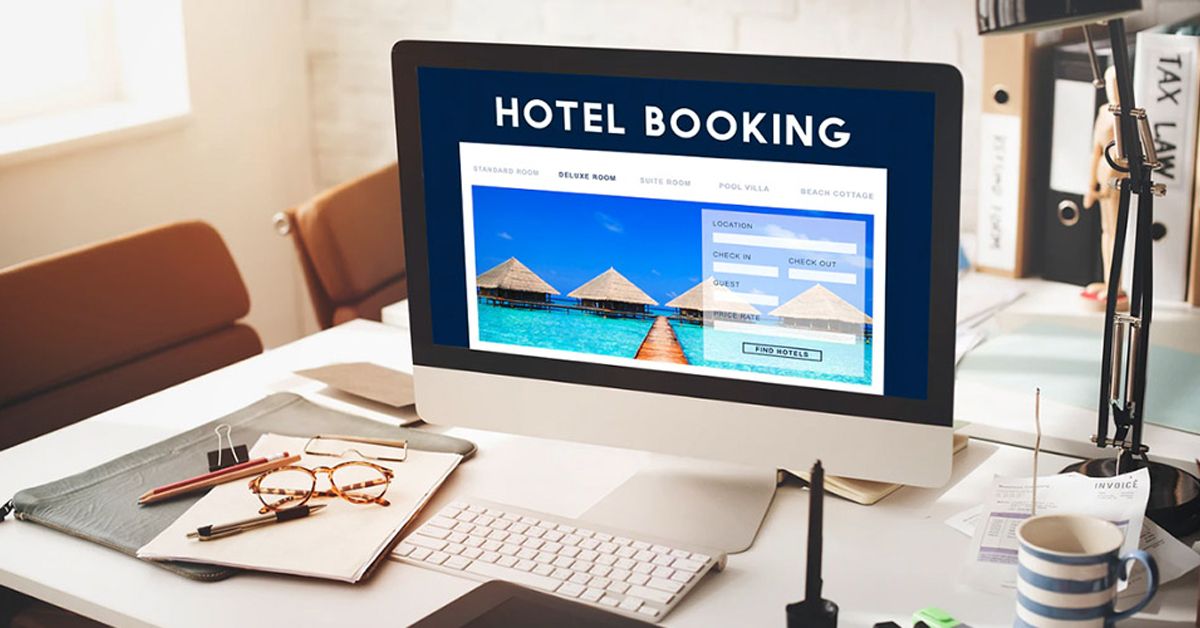
Should we increase bookings through direct or indirect sources?
Accommodation businesses have a mix of sources increasing bookings. If you are not clear what they are, you can read the blog “Hotel booking sources that you need to know”. The main question after going through these sources is “Which one should I focus on to get high revenue?” There is no absolutely correct answer for all hotels and the best solution for you would depend on many factors of the business that you are running. Follow Hotel Link’s blog today to get the answer to your question.
Should we increase bookings through direct or indirect sources?
It would be ideal if you can get both; however, with limited resources, you may have to consider which source is prioritized.
Depending on your hotel size, budget, business strategy and targeted customers, there will be different booking source options.
Advantages and disadvantages of direct booking source
ADVANTAGES
Reduce commission fees. Travellers find you and make a reservation directly with you, which saves lots of costs that you have to pay for intermediaries to obtain a similar booking. As a result, you can increase revenue and profit.
Better engage with guests. Hotels can interact to give more service information or support the bookers immediately whenever they have concerns so it gives you more space to impress and enhance the guest experience. Moreover, the hotels are totally proactive to control the booking process so you can access full guest information, the behavioral data and it is useful for preparing CRM activities.
Provide diverse special offers for bookers. With an independent booking system, you can set up many promotions for different occasions to encourage travellers to book directly. If it is too difficult to compete with some indirect booking channels like OTAs about promotion on price, you can build special offers based on value by providing extra services to enhance the guest experience like a cooking class, a city tour or through amenities.
Be a stable sales channel. Some research has shown that the cancellation rate on direct booking sources will be about 30% lower than indirect booking sources, so hotels can better manage room availability. In addition, through the superior services and attractive promotion packages offered to past guests, these people are more likely to become your return customers and they would book directly with you next time.
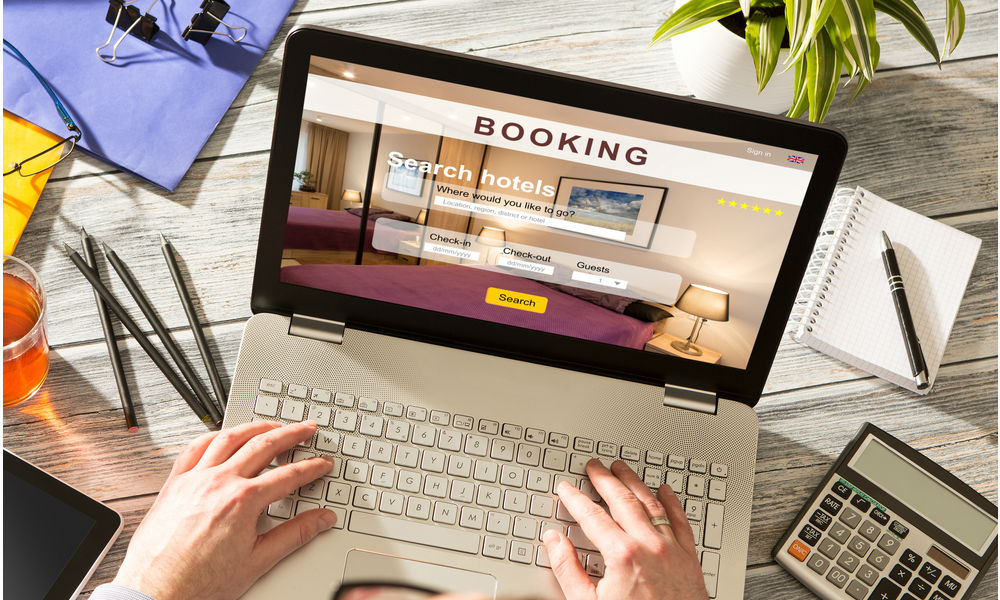
Advantages of direct booking source
DISADVANTAGES
Bring a small proportion of customers. This is an obvious challenge for the hotels relying only on direct bookings unless you have many loyal customers as a good source of regular bookings or a strong digital identity. Especially for the small or midsize hotels that are newly opened, direct booking sources should only play a part but not the main role because these hotels are still low in brand recognition and will need much effort in increasing visibility to guests.
Require specific investments to improve direct booking sources performance. Customers do not naturally come and buy your product without effort from you. This is a process of nurturing and converting them from lookers to bookers. Thus, you need to spend money and time on marketing to make travellers aware of your hotel, persuading them why they should book with you and even have a budget to run promotions to attract travellers.
Advantages and disadvantages of indirect booking source
ADVANTAGES
Increase online visibility and trust. As e-commerce platforms specialized for the accommodation industry, indirect booking sources like OTAs and GDSs can display your hotels to their large traveller bases around the world. Thus, you can widen your reach to not only domestic but international markets. To be seen on some well-known channels, it contributes to building brand credibility and trust of your service quality.
Stable booking sources. More visibility also results in a higher possibility of conversion, thereby, you may get more bookings from indirect booking sources. In addition, Travel Agents (TAs), one of the indirect channels, can bring you a stable quantity of customers periodically if you have a good relationship with them. Read more about the benefits of cooperating with TAs here.
No need to spend lots of your own resources. Thanks to good booking platforms and significant investments in marketing, many indirect channels have very strong recognition. Therefore, you do not have to worry much about spending lots of time and effort to attract prospects, enhance the booking process experience and close the deal when selling through these channels.
DISADVANTAGES
High commission fees. It is a headache for many hotels when applying intermediaries in their distribution strategies. The commission costs charged by OTAs often range from 15-30% of the total booking value so they significantly eat up the hotel profits.
Dependency on intermediaries. If selling through indirect channels is the major strategy of the hotels, you cannot avoid being heavily affected by the policy changes made, for example, commission rate increases or some other policies. Not only that, some promotions are recommended for hotels to implement whether hotels are willing to do so or not; otherwise, your visibility can be affected.
High cancellation rate. As an attractive and flexible booking condition for travellers, the free cancellation policy is offered by many OTAs to attract many bookings. Despite giving benefits for bookers, hotels may suffer from unsold inventory especially when travellers book many hotels during their planning stage and cancel at the last minute.
Should we increase bookings through direct or indirect sources?
Through the analysis of the pros and cons of the two hotel booking sources, you have your own answer to this question.
Each booking source has its own advantages and disadvantages. Depending on the orientation and resources of the hotel, you can invest in developing the booking source.
For example, if a large hotel has an abundant budget for business development, it will be easier to use reputable intermediary booking channels and bring regular bookings to the hotel. However, small hotels that want to ensure a high profit on each booking, need to focus on developing a booking platform on their website and effective marketing strategies to drive guests to their own channel. Lots of effort and time is required but in return, this is the most stable and profitable booking channel for the hotel.
Besides, you can also completely develop both booking sources in parallel to increase revenue for the hotel. And this is the method that many hotels are using nowadays.
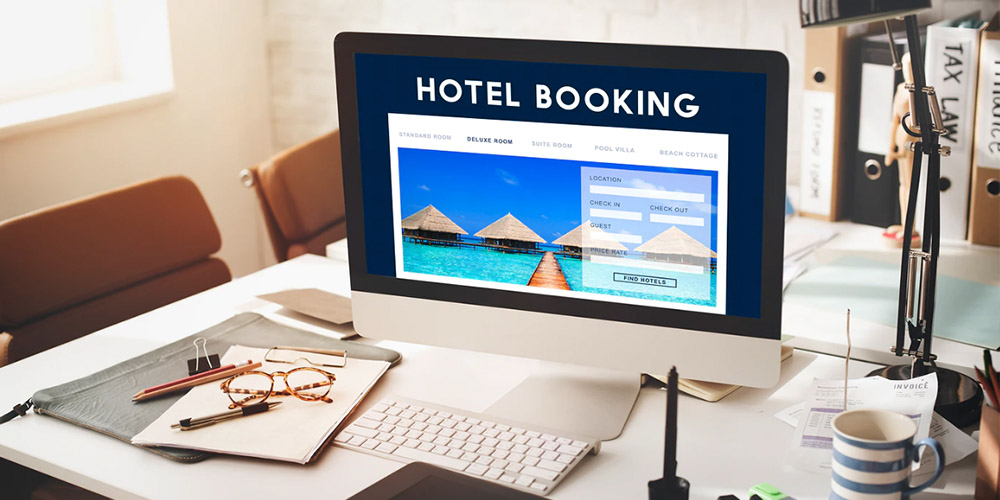
The combination of both booking sources will bring unexpected effects.
So, how to combine these 2 booking sources in your strategy? Let’s find out the answer in the next part of this article.
Methods of developing hotel booking sources
Each hotel booking source will have its own method of development.
How to develop direct booking sources for hotels
For direct booking sources, first, you need to have a good booking engine on the hotel website.
The hotel’s booking engine needs to have a clear interface, simple operation, and display specific promotions and services so that customers can make a booking easily and quickly.
In addition, to encourage customers to book directly, the hotel must offer a variety of payment methods for customers to use.
Hotels also need to publish their email information and phone numbers online for reservation as well as develop social networking sites as the channels to communicate regularly, support and even receive bookings from travellers.
Finally, in order to bring information to customers in mass, branding and advertising campaigns are necessary to build awareness for your brand.
How to develop indirect booking sources for hotels
Hotels can cooperate with many intermediary channels at the same time to maximize distribution and generate more revenue.
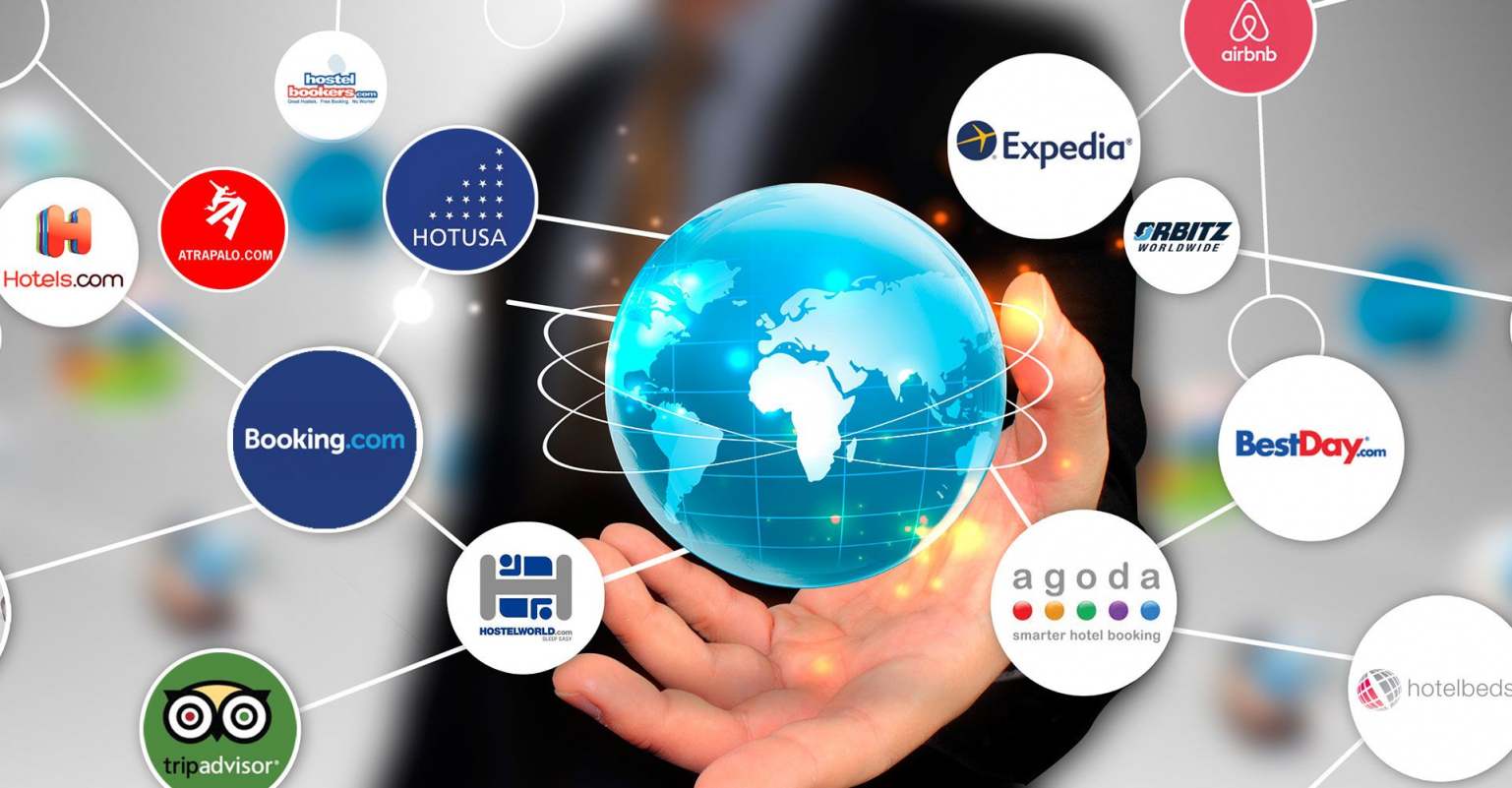
Using different indirect channels to increase hotel bookings
Initially, when cooperating with intermediaries, you need to offer reasonable room rates and some promotions to enhance the possibilities and compete with hotels in the same segment.
After establishing a stable customer base, you need to negotiate with the intermediary booking channels to reduce the commission, thereby increasing revenue for your hotels.
Each indirect sales channel will have different characteristics, so you should have appropriate management methods. In particular, for an OTA and GDS, you need a Channel Manager to centrally manage room distribution through these sources.
Conclusion
Depending on the development strategy as well as the hotel orientation, hoteliers will choose to develop their relevant different booking sources. While indirect channels are good for increasing visibility and even more bookings, direct channels are the most profitable because of no commissions. You will need to identify what are priorities for your growth and make a good investment decision.
Good luck on finding your own suitable business strategy.
Relative Posts
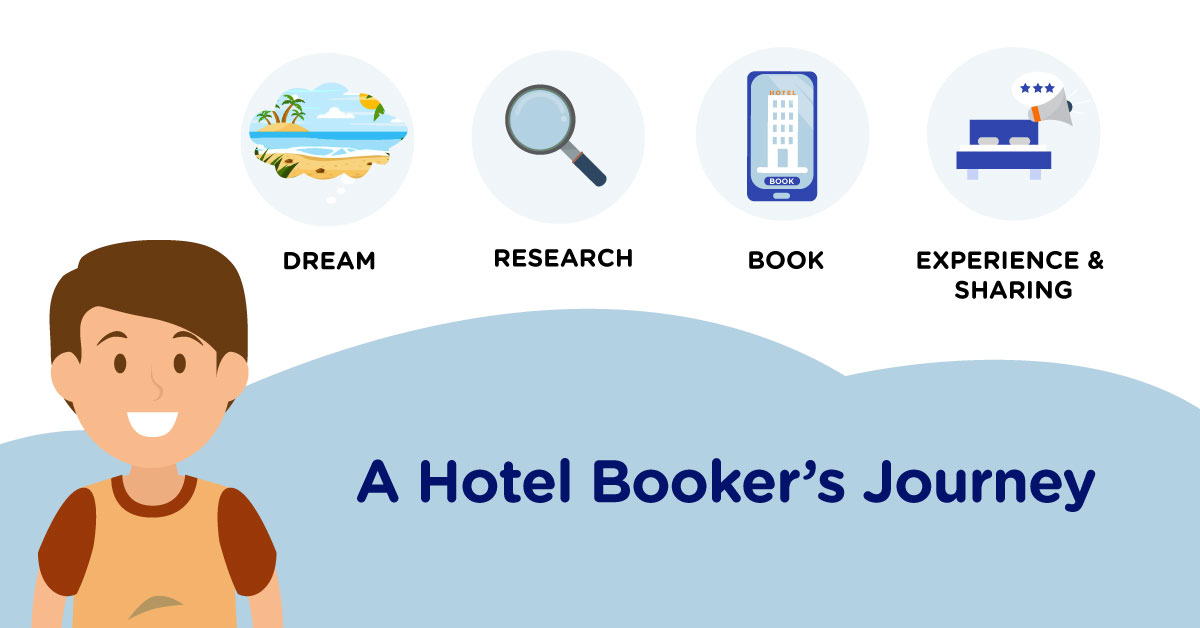
Understanding 4 Stages of A Hotel Booker’s Customer Journey
The customer journey of a normal traveler will go through 4 stages including Dream, Research,…

5 Hotel Digital Marketing Tactics to Drive More Direct Bookings
Do you know that 87% of today’s online travelers visit a hotel website before making…
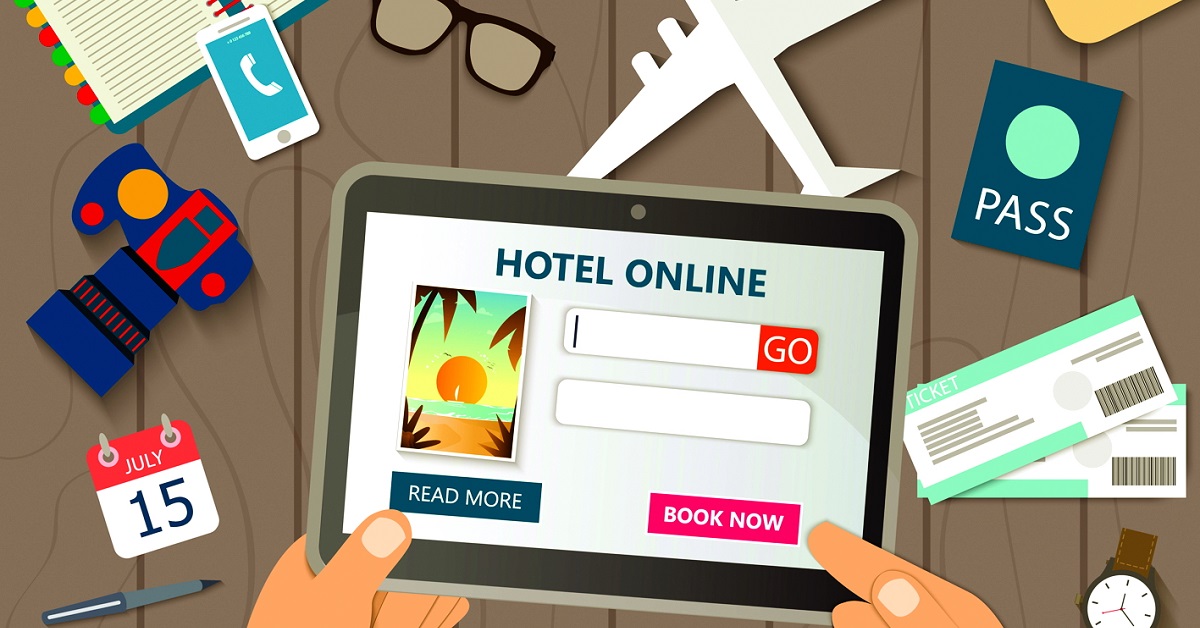
Direct and indirect: Everything about your hotel booking sources
As a hotel owner, you need to thoroughly understand your hotel booking sources to increase…